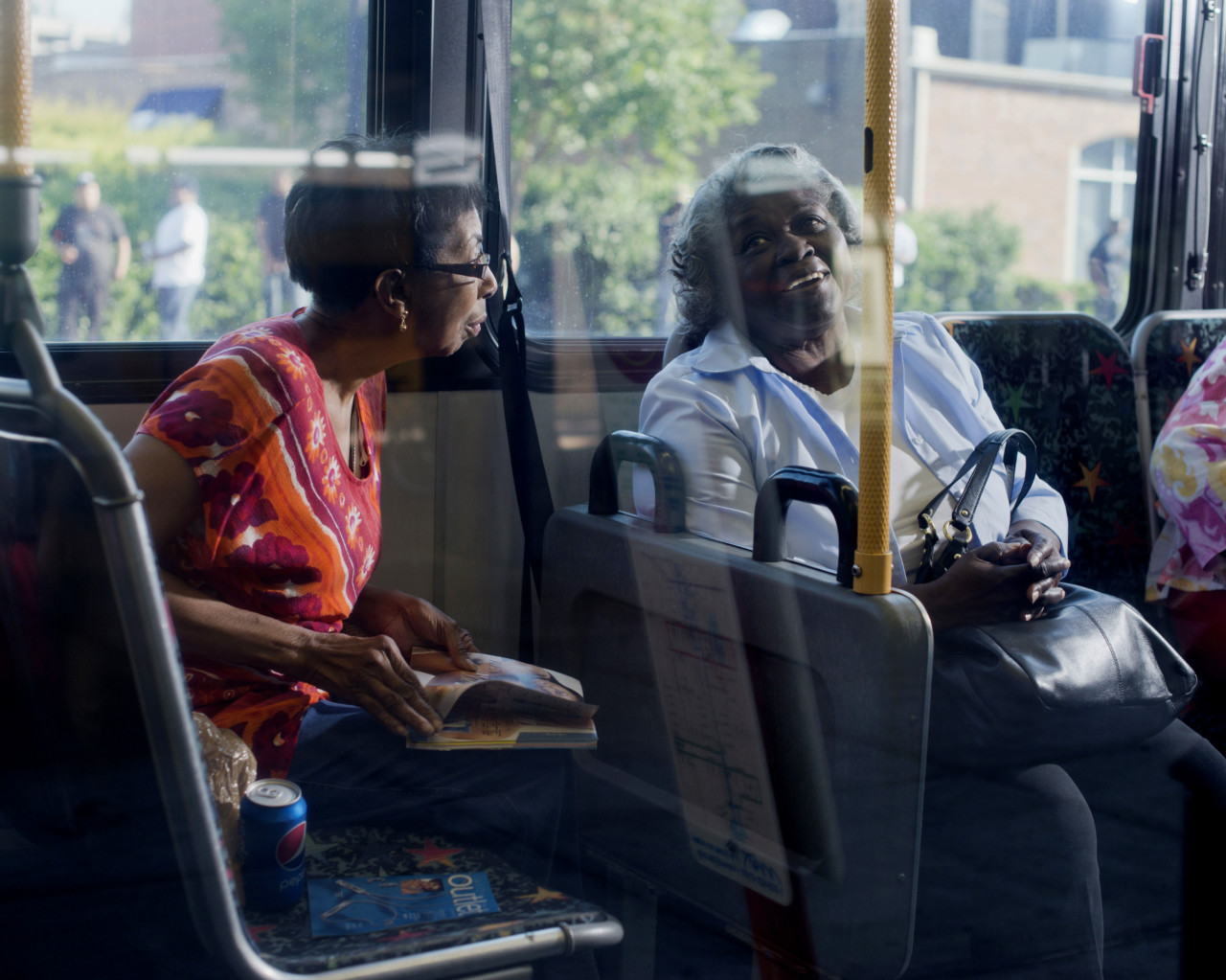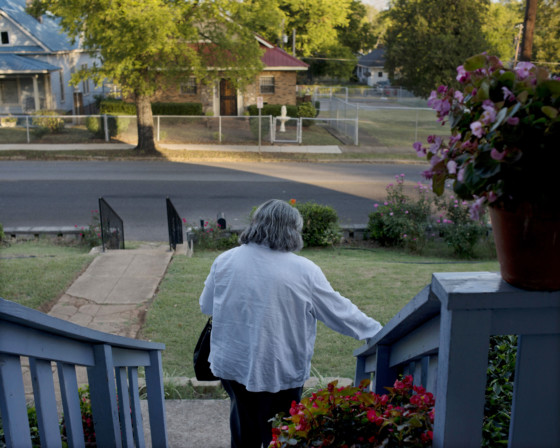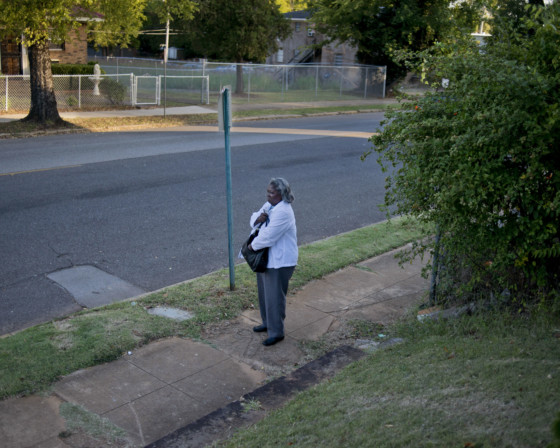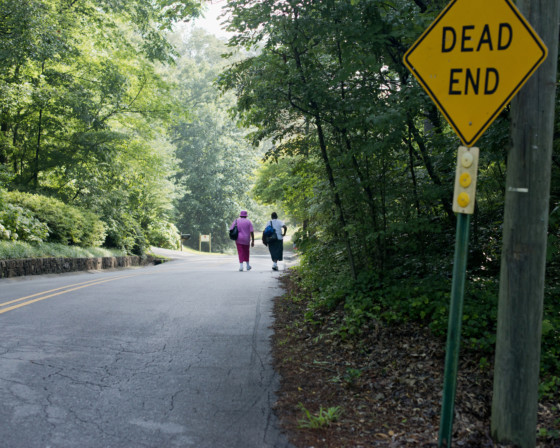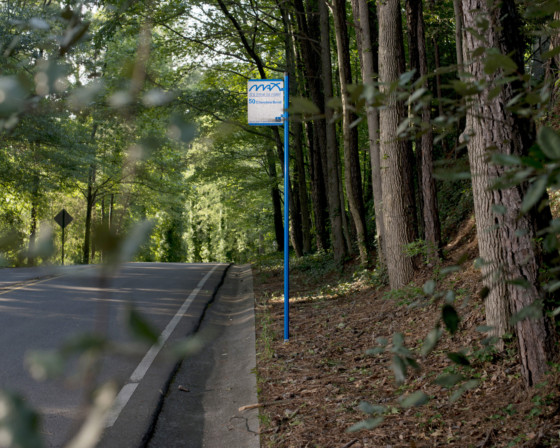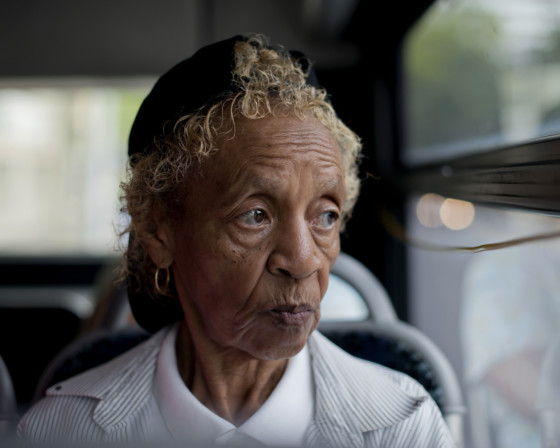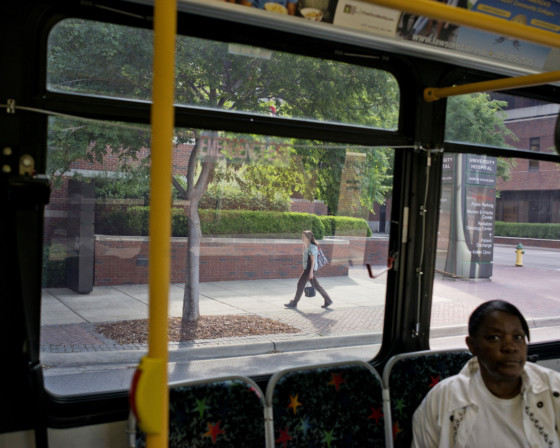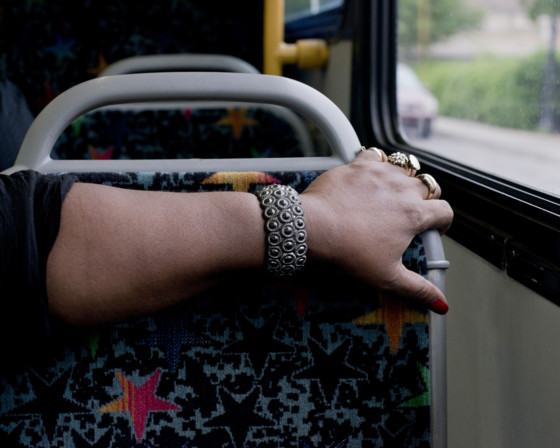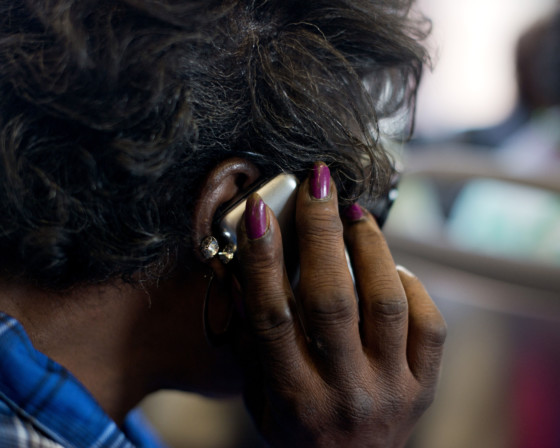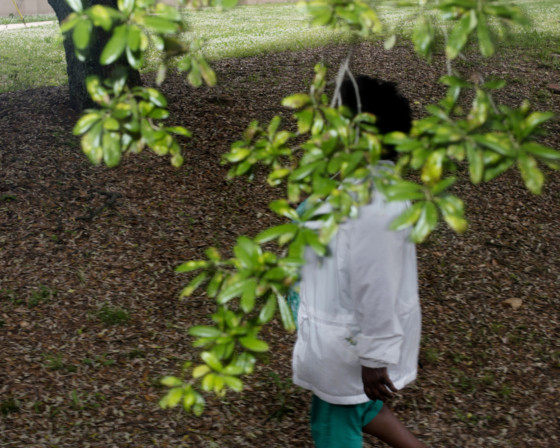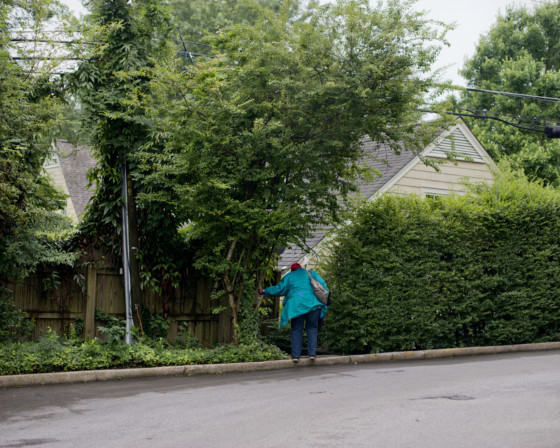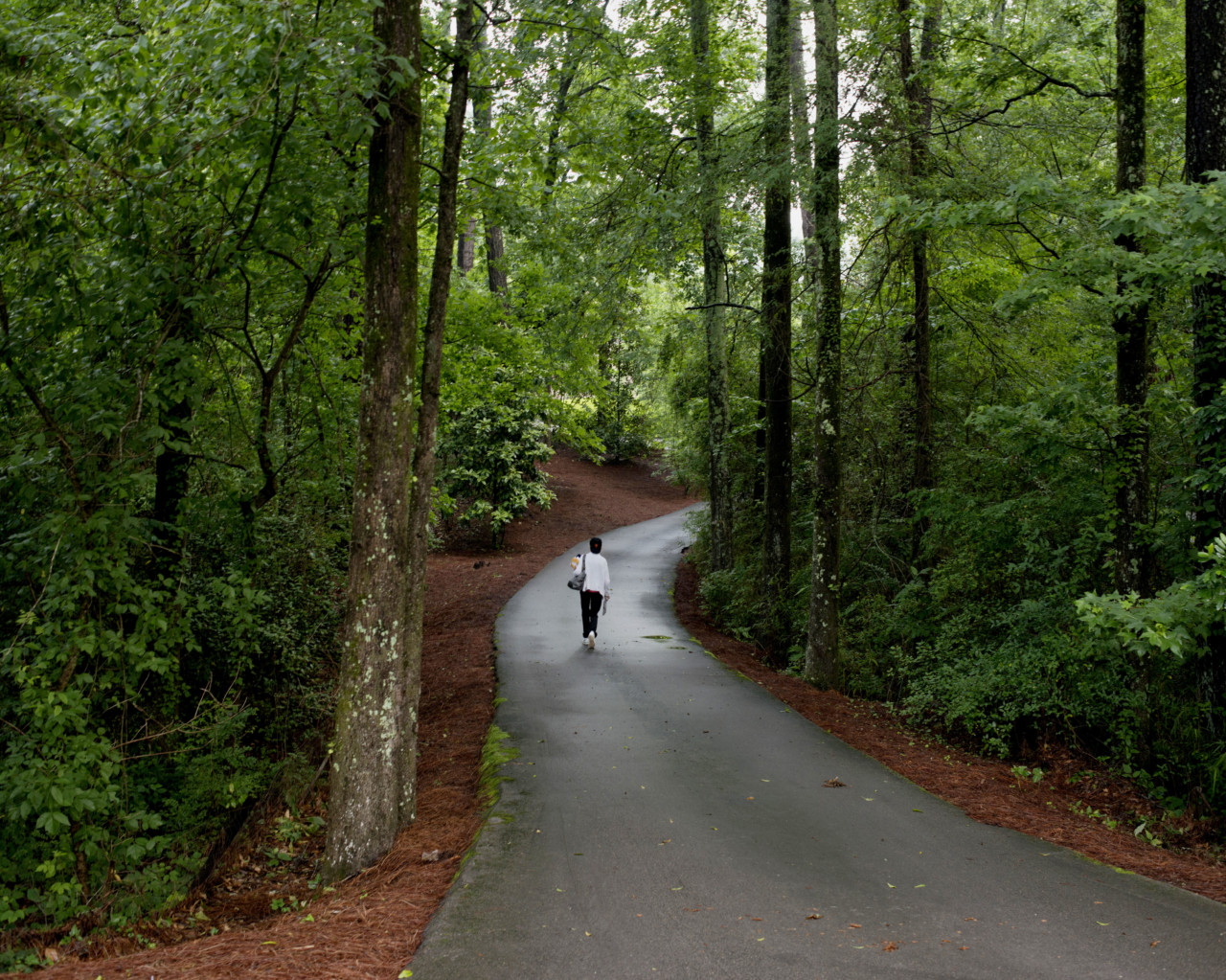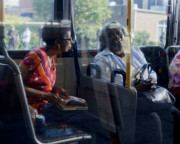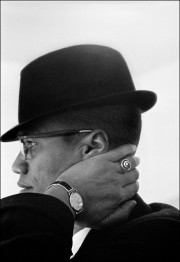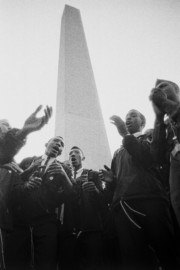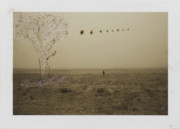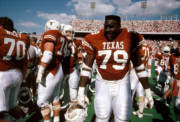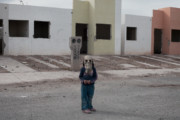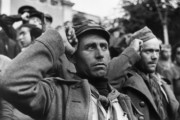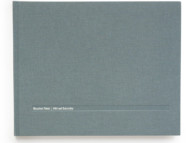Invisible Bus: On Board the Cherokee Bend 50
Carolyn Drake rides the Birmingham ‘Maids’ Bus’ that has taken African-American women to work for over 50 years
Every day the Cherokee Bend 50 – colloquially known as the Maids’ Bus – makes one trip from downtown Birmingham, Alabama, which is over 70% African American, to the municipality of Mountain Brook, a wealthy and predominantly white neighbourhood.
For over 50 years, the same people have boarded the bus daily. These passengers are the senior African-American women who work as the housekeepers to the wealthy.
One of the passengers, Ellamae Carlisle (81), describes how her life’s work began: “I started working when I was 9 years old. My aunt would carry me to work with her. That’s how I learned how to iron. She would show me how to do the clothes and things, so I come up working.”
One by one, the women are dropped off on the side of the road, and trek up the long driveways of Mountain Brook houses to their jobs as domestic help.
Carolyn Drake was invited by a radio journalist friend, Ashley Cleek, who had been recording the voices of the women, to ride the bus with her: “There is a lot of talk among the women on the bus. It’s a place where information and stories are shared and spread. I was very much an outsider among insiders and some of the women did not like having a camera put in front of them so it took a lot of time to build a rapport with people.”
Now in their 70s and 80s, these women came of age during the Civil Rights movement. They have been riding the bus to clean the houses of wealth families ever since.
Drake continues, “There is a lot that has not changed since the Civil Rights movement, but also a lot that has: bus service has declined drastically, for one, so it’s a lot harder and more time consuming for these women to get around, get to work. Some of their children and grandchildren have never set foot on a public bus.”
A fellow passenger, Elnora Shearer, says: “It’s kind of like there has been a shrinkage. Over the past couple of years, we’re becoming less and less. We’re retiring and younger people don’t want to do this. They don’t want to work in Mountain Brook.”
When making this series, Drake tried to “look straight at what [she] felt was important in this country.” Having lived and worked outside of the US for many years, this series felt like a starting point for a wider project about coming home. “I moved back wishing to see this place with fresh eyes, and with affection, but having a hard time doing it.”


